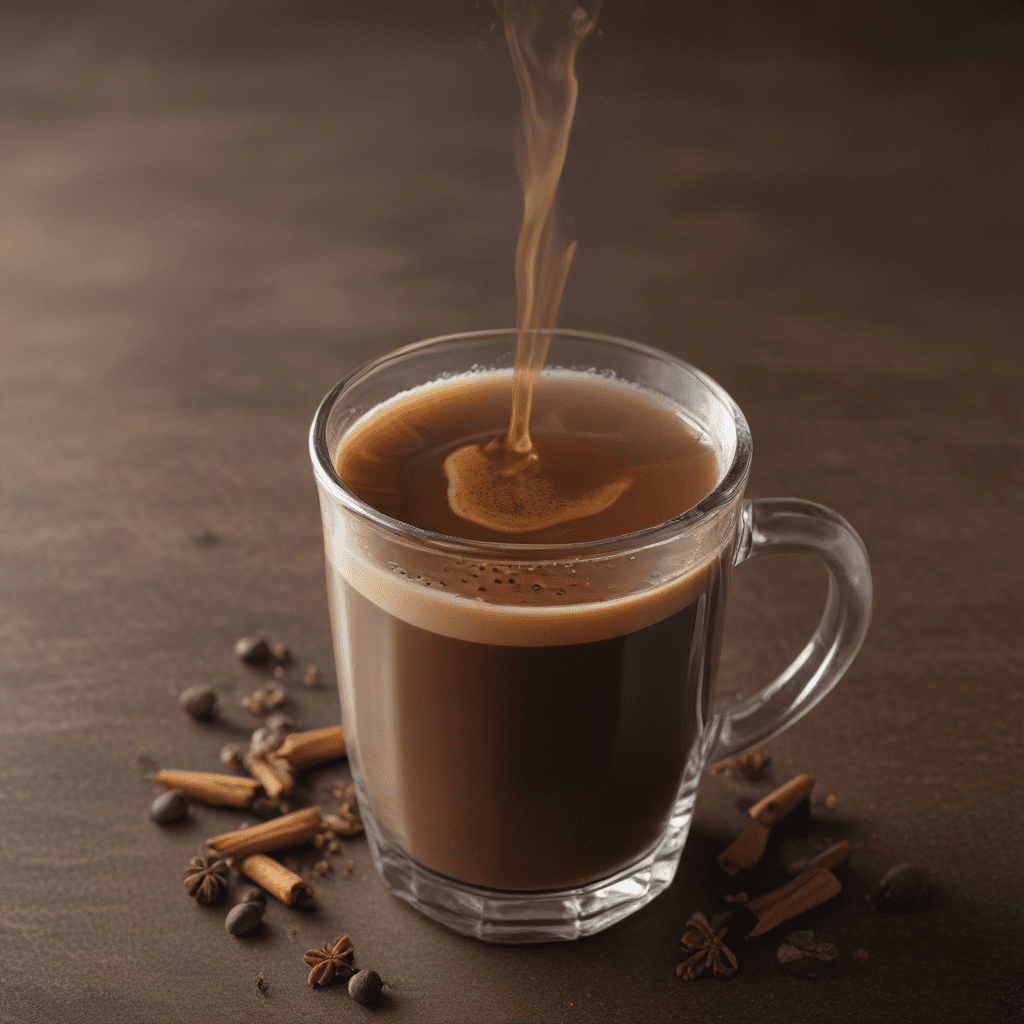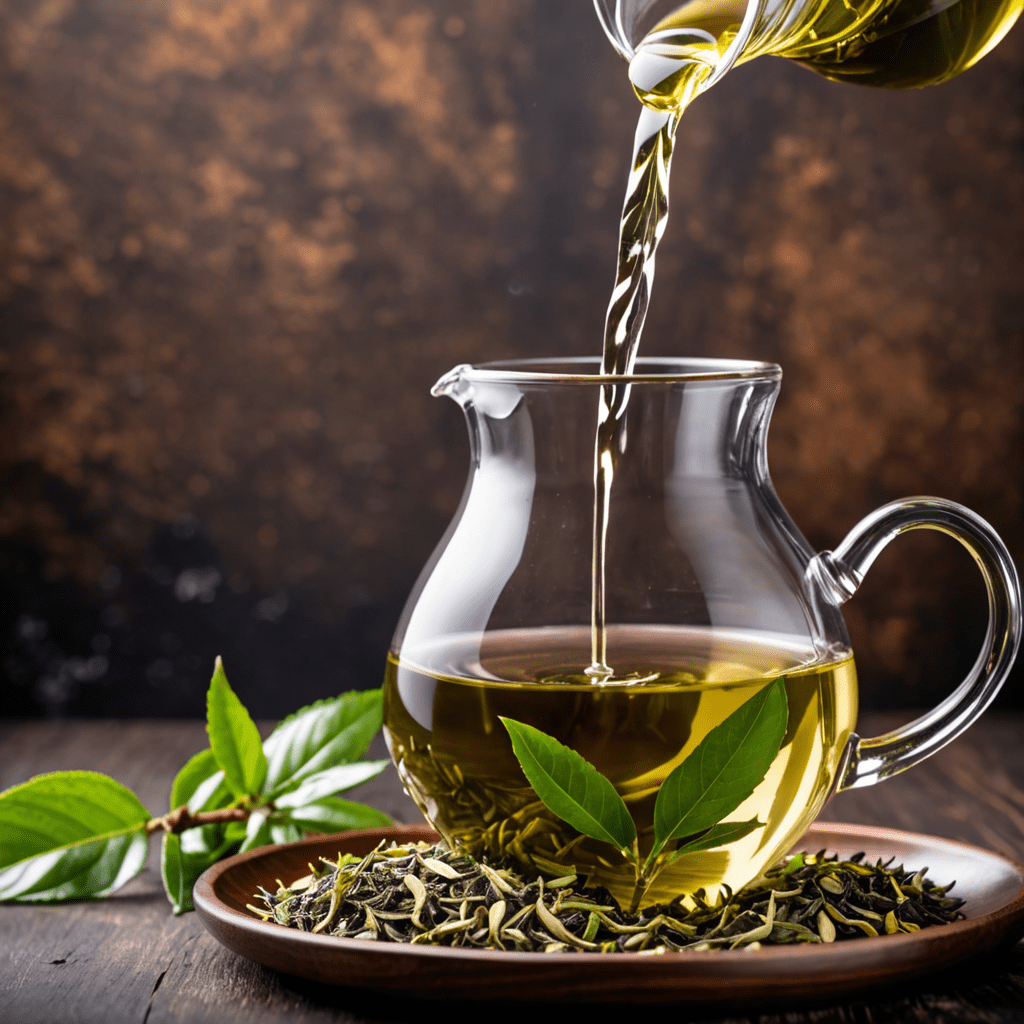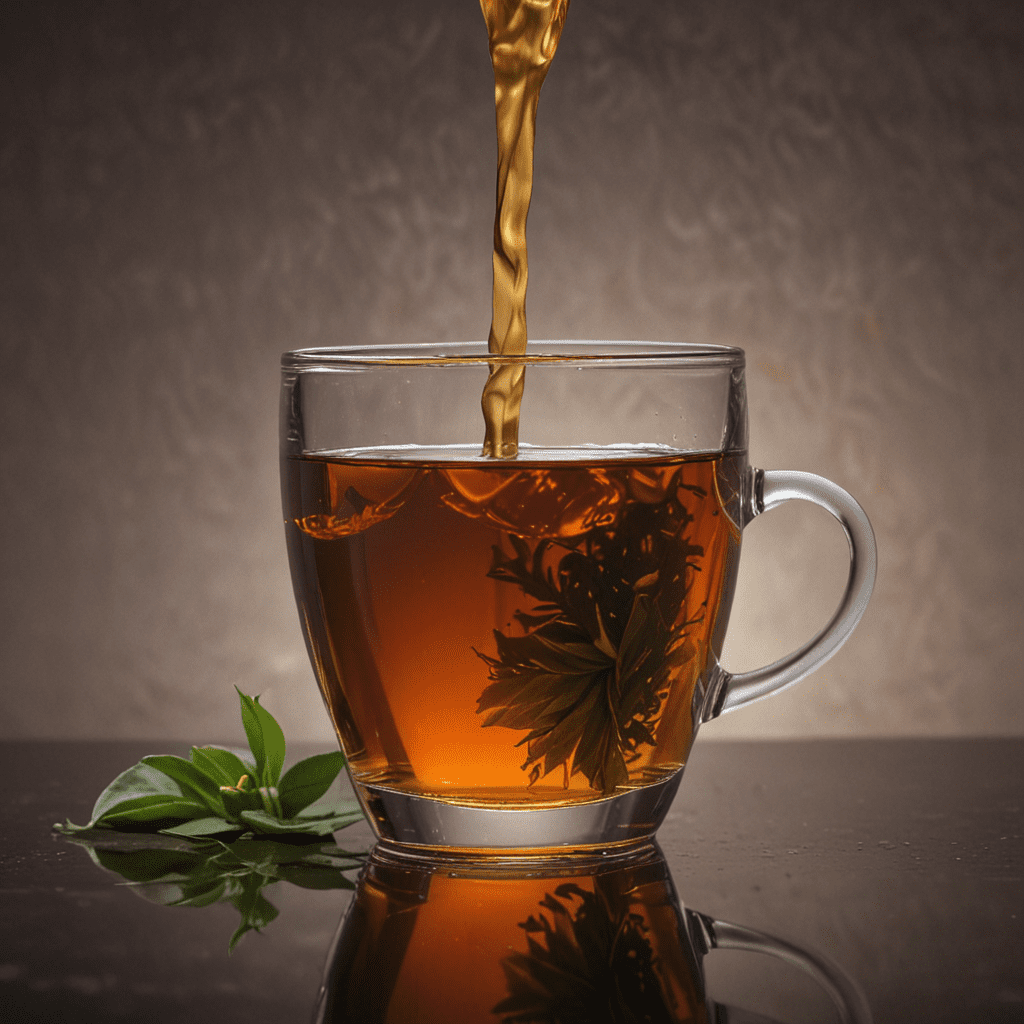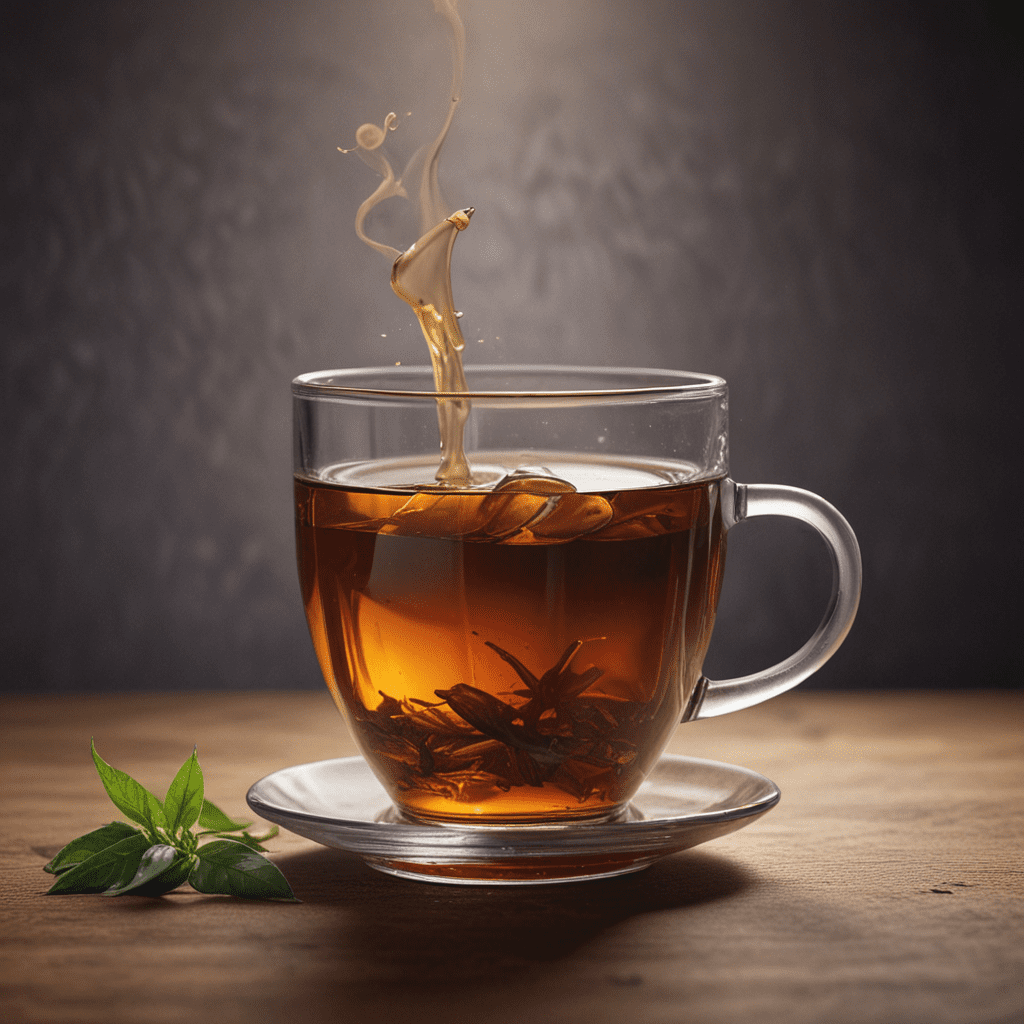
Introduction to Chai Tea: A Culinary Delicacy
Chai tea, an aromatic beverage steeped in history and culture, tantalizes taste buds with its vibrant blend of spices and black tea. Originating from the Indian subcontinent, chai has become a global phenomenon, captivating tea enthusiasts worldwide with its distinctive flavor profile. This culinary delight, often served with milk and sugar, invites exploration into its origins, ingredients, and the cultural significance it holds.
Historical Origins and Cultural Significance of Chai Tea
Chai tea traces its roots to ancient India, where it was traditionally consumed as a medicinal beverage known as "ayurvedic kadha." Over time, it evolved into a popular drink among traders and travelers, becoming an integral part of Indian culture. Chai holds a special place in Indian society, symbolizing hospitality, warmth, and community. It is commonly enjoyed in homes, roadside stalls, and tea shops, fostering a sense of togetherness.
The Aromatic Symphony of Chai Tea: Key Spices and Ingredients
The distinctive flavor of chai tea stems from a harmonious blend of spices. Cardamom, cinnamon, ginger, cloves, and black pepper form the core of this aromatic symphony, each ingredient contributing its unique notes. Cardamom, with its pungent and slightly sweet flavor, serves as the dominant spice, while cinnamon adds warmth and sweetness. Ginger provides a zesty kick, cloves offer a hint of bitterness, and black pepper enhances the overall spice profile.
Methods of Chai Tea Preparation: Traditional and Modern Variations
The traditional method of chai tea preparation involves simmering spices in water or milk, then adding black tea leaves and allowing them to steep. Modern variations have emerged, including the use of tea bags or pre-mixed spice blends for convenience. Some prefer to add sweetener such as sugar or honey to balance the spiciness. Chai tea can be enjoyed hot or iced, making it a versatile beverage suitable for all seasons.
Health Benefits of Chai Tea: A Holistic Elixir
Chai tea is not only a flavorful beverage but also boasts potential health benefits. The spices used in chai possess antioxidant and anti-inflammatory properties. Cardamom aids digestion and freshens breath, while ginger helps soothe nausea and motion sickness. Cinnamon supports blood sugar regulation, and cloves contain antimicrobial compounds. Black tea provides a boost of antioxidants and may improve heart health. However, it's important to note that excessive consumption of chai tea, especially with added sugar, may have adverse effects.
Chai Tea in Popular Culture: From Streets to Fine Dining
Chai tea has transcended its traditional roots and become a beloved beverage in various settings. It has found a place in street stalls, where vendors offer piping hot chai to passersby, creating a vibrant and aromatic ambiance. In bustling cities and quiet towns, chai tea warms hands and hearts alike.
Fine dining establishments have also embraced the versatility of chai tea, incorporating it into their menus as a unique and flavorful option. Chai-infused cocktails, desserts, and even savory dishes have emerged, tantalizing the palates of discerning diners who seek culinary adventures.
Variations and Adaptations of Chai Tea Around the Globe
As chai tea traveled beyond its Indian origins, it encountered diverse cultures and tastes, leading to variations and adaptations. In Tibet, yak butter is added to chai, creating a rich and creamy beverage. In Malaysia, chai is often prepared with condensed milk, resulting in a sweeter and creamier concoction.
The Social Appeal of Chai Tea: A Beverage for Sharing
Chai tea is a beverage that fosters community and connection. In many cultures, it is customary to share chai with guests and loved ones. Whether served in homes, cafes, or tea gardens, chai facilitates conversations, strengthens bonds, and creates a sense of shared experience.
Chai Tea as an Artistic Inspiration: From Poetry to Music
The evocative flavors and aromas of chai tea have inspired artists and creatives throughout history. Poets have penned verses extolling its virtues, while musicians have composed melodies that capture its essence. Chai tea's unique blend of spices and black tea has become a muse, igniting imagination and creativity.
Conclusion: The Enduring Legacy of Chai Tea, a Spicy Indulgence
Chai tea, with its rich history, cultural significance, and aromatic allure, has captivated tea drinkers worldwide. Its journey from ancient India to global popularity is a testament to its enduring appeal. Whether enjoyed as a comforting beverage or celebrated as an artistic inspiration, chai tea remains a spicy indulgence that continues to tantalize taste buds and warm the soul.
FAQ
What is the caffeine content of chai tea?
The caffeine content of chai tea varies depending on the type of black tea used and the brewing method. Generally, it contains less caffeine than regular black tea.
Can chai tea be made without milk?
Yes, chai tea can be made without milk. It is traditionally prepared with water, and milk can be added to taste.
What are some alternative sweeteners for chai tea?
Honey, maple syrup, or agave nectar can be used as alternative sweeteners for chai tea.
Are there any health benefits to drinking chai tea?
Chai tea contains spices with antioxidant and anti-inflammatory properties, which may offer some health benefits. However, it is important to note that excessive consumption of chai tea, especially with added sugar, may have adverse effects.
How long can chai tea be stored?
Chai tea can be stored in the refrigerator for up to 3 days.


